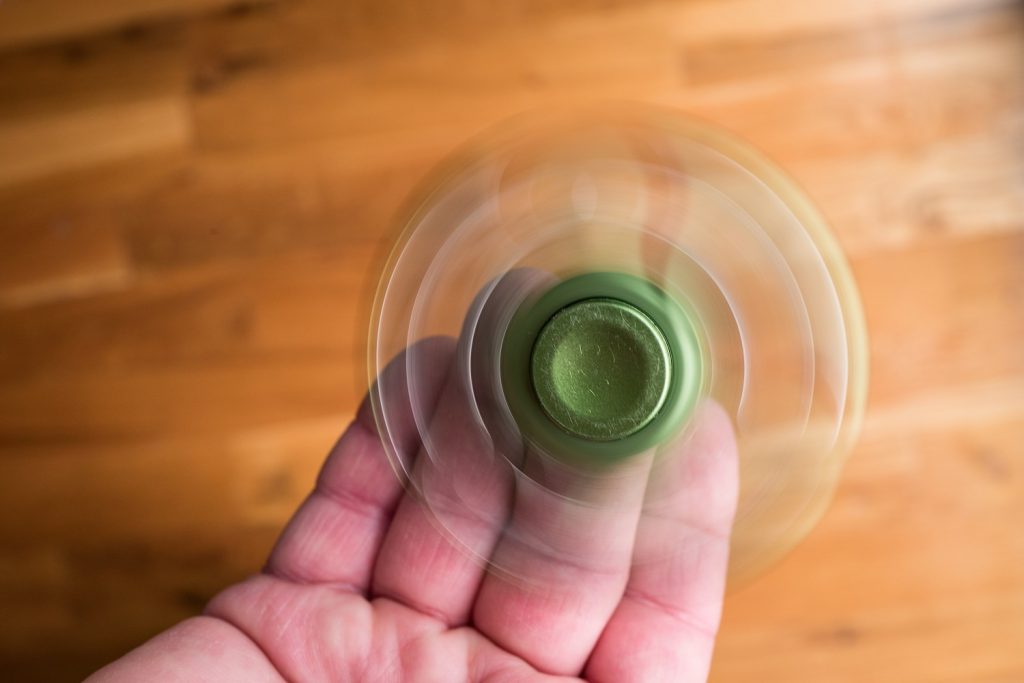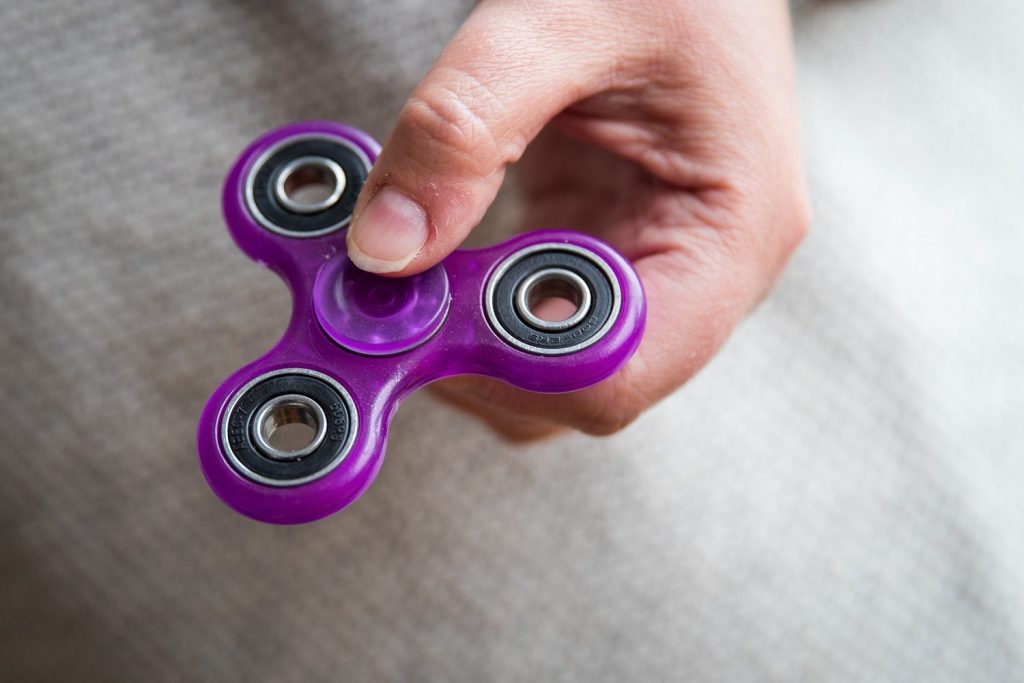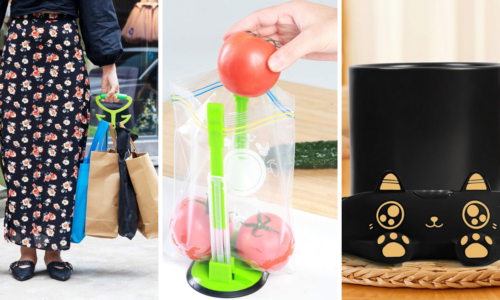If you haven’t heard of the fidget-spinner by now, that’s impressive. It’s a toy that purports to help alleviate restlessness typical of ADD and ADHD sufferers, but it’s also driving teachers (and parents) crazy. Oh, and it’s making two teenagers incredibly, incredibly wealthy.
Those two teens are Allan Maman and Cooper Weiss, and they created the original Fidget360. Maman, 17, was searching for something to help with his own ADHD and he discovered the concept of a toy that helped you to unconsciously drain extra energy while focusing on a task.
3D Printer At School
Maman saw a hole in the market for these fidgeting tools, realized he could fill it, and Fidget360 was created. Maman partnered up with Weiss, another 17-year-old business mogul, and the two began making fidget-spinners on their high school’s 3D printer.
They were able to streamline the manufacturing process with the help of their physics teacher, Eric Savino, and using the school’s 3D printer allowed them to have higher profit margins.
RELATED: Fidget Spinners Are The Latest Toy Craze—And Here’s Why Some Teachers And Parents Hate Them
Setting Up Shop
Taking their initial capital from selling fidget-spinners in the school, the team moved into Weiss’s basement where they bought eight 3D printers of their own. Unfortunately – or perhaps fortunately – demand quickly outstripped the supply, and they moved to a factory in Brooklyn. There, 30 printers made Fidget360 spinners 24 hours a day. Except for even that factory was too small, and quickly Weiss and Maman had to move production to traditional injection molding in China. What a problem to have.
The toys cost roughly $3.50 to produce, and retail for around $25.








